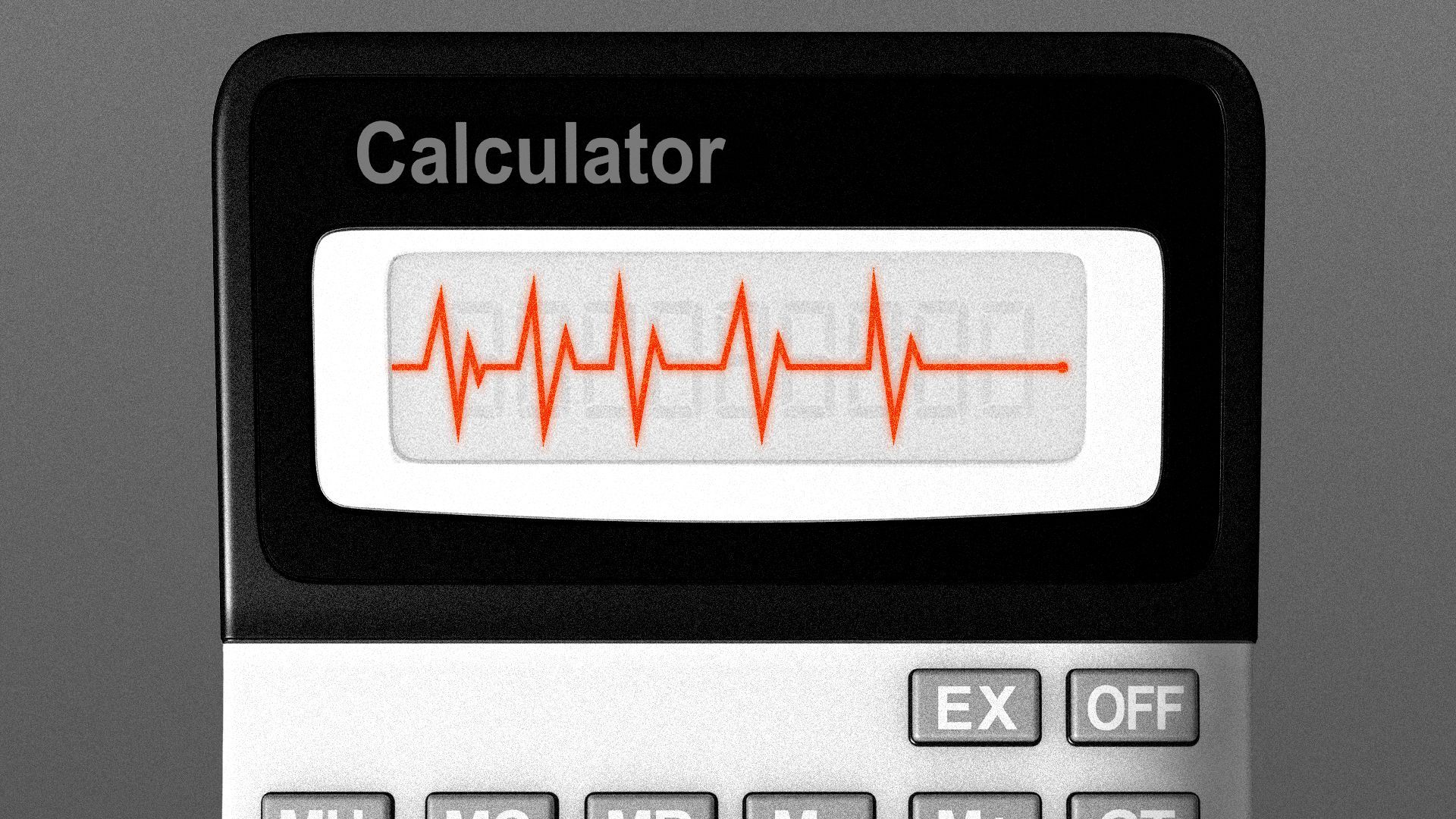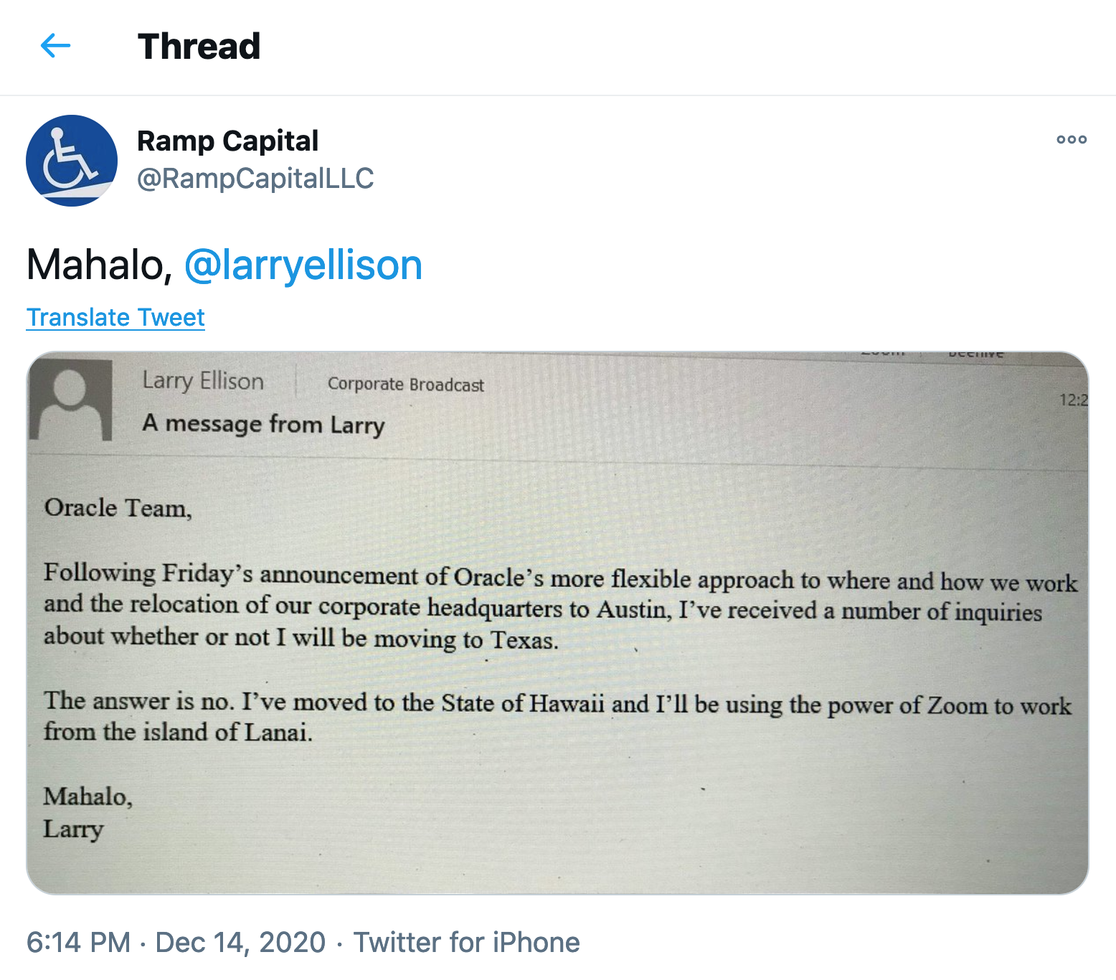| As the frenzy in IPOs and the overall stock market continues, data show overall consumer confidence is languishing and concern about income inequality is rising. Driving the news: A new survey from research and data firm CivicScience provided exclusively to Axios shows 78% of Americans are at least somewhat concerned about the rising level of inequality in the U.S. and 48% are very concerned. Why it matters: Economists and social scientists worry about income inequality because it tends to be followed by societal and geopolitical upheaval. What we're hearing: "Typically rising markets are accompanied by societal trends that mirror rising confidence," Peter Atwater, an economics lecturer at William & Mary, tells me on Twitter. - "People should be more generous and peaceful. Unity and agreement should rise and politics should moderate and become more centrist."
That's not what's happening now. Public opinion in the U.S. is as divided as it's been in modern history and people are literally stabbing one another in the streets at political rallies. The big picture: "People worry about the markets decoupling from the economy. Me, I am much more worried about how decoupled the markets have become from society," Atwater adds. Watch this space: The Conference Board's latest surveys of CEOs' and consumers' confidence show a yawning divide. - CEOs in Q3 were the most confident they have been since early 2018, with confidence levels 48% higher than at the beginning of 2019.
- Conversely, the Conference Board's commensurate readings on consumer confidence are near their lowest in four years and 16% lower than in January 2019.
Between the lines: Confidence within consumers is also telling the story of inequality. Data provider Morning Consult's daily consumer confidence index showed those earning more than $100,000 a year saw confidence levels increase last week to the highest in a month. - Those earning 50,000-$100,000 saw their confidence levels fall by nearly twice as much to the lowest in a month.
The bottom line: "The recent divergence across the income spectrum reflects drastically different realities," Morning Consult economist John Leer said in a release, "in terms of the personal financial conditions of these two groups heading into the winter months as the spread of the virus drives additional restrictions on economic activities." | 








No comments:
Post a Comment